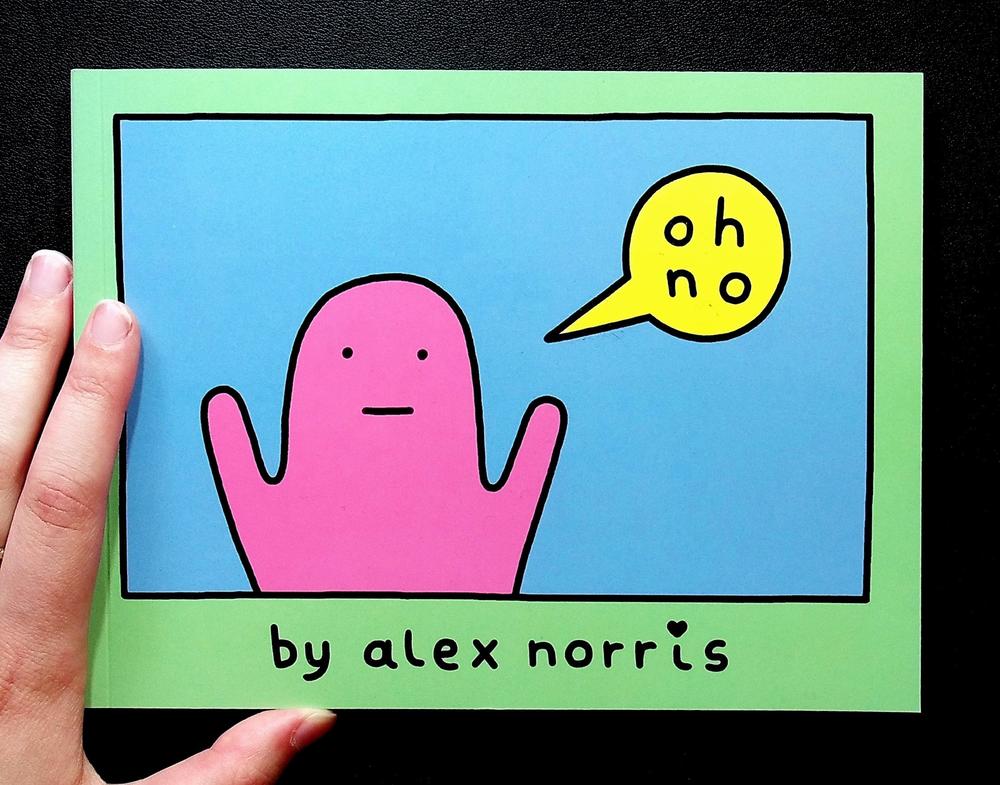

Suddenly, everything in his life up to that point makes sense: why his marriage failed why his relationships tend to crumble how he might have mismanaged his business. That revelation turns out to be the key to everything for Biel. Then, after a meeting with his therapist, Biel makes a startling self-discovery: he has Asperger's. Those first few pages find Biel broken and down on his luck: he's 30 years old, broke, divorced, suffering from seemingly inexplicable injuries, wondering why all of his friendships and relationships turn to dust, and in the midst of a recession that seems poised to destroy the business he started building more than a decade earlier.
Microcosm zines how to#
Biel knows how to conjure up the feel of a time, place, and emotion-a skill no doubt born from his years working in zines.

Perhaps most of all, Good Trouble is about redemption.įrom the very first lines of the preface, it's clear that Biel is a terrific writer with a sharp authorial voice. It's about how messy human lives get, and about learning to see beauty in the chaos. It's about living with a neurological disorder. It's about building friendships and tearing them down. It's about how music and culture can give you a home and a family when nothing else seems to have that power. Indeed, Good Trouble is about a lot of things. On the contrary, Good Trouble-Biel's new memoir and this month's indie groundbreaking book-is about far more than a guy who started a successful indie publisher. This world is the world from which Joe Biel hails, but it's not all that defines him. Perhaps most importantly, the majority of zines aren't even copyrighted, since copyright laws tend to clash with the anarchist beliefs of most punk movements. There are rarely any editorial guidelines to these publications, which means they don't only feature journalistic content, but also art, fanfiction, poetry, cartoons, comics, and virtually any other type of expression that can be put on a page. On the contrary, zines have covered everything from politics to art to film to fashion to gender issues. However, punk rock is not the only subject that has defined zine culture over the years. Zine is short for "fanzine," and many zine publications are concerned largely with music or bands. According to ZineWiki, Microcosm's mission statement is to "teach self-empowerment to disenfranchised people and to nurture their creative side." That certainly sounds like a punk rock ethos.įor those who are unaware, a "zine" is an extremely limited run, small circulation publication created and distributed within the punk, underground, and DIY communities. A longtime "zinester," Biel is the founder of Microcosm Publishing -an independent publishing company that has been publishing zines, pamphlets, books, and other materials since 1996. And yet, in the punk underground community, Biel might just be a hero. By most benchmarks of what constitutes modern fame, Joe Biel doesn't pass the test.
Microcosm zines tv#
He isn't a politician or a late night TV host or even a YouTube star. He's made films, but you've probably never seen any of them. He isn't the frontman from a famous rock band. To the average person, the name "Joe Biel" might not mean a whole lot. Indie Groundbreaking Book Good Trouble Memoir Tracks the Fascinating Life of a Punk Community Celebrity


 0 kommentar(er)
0 kommentar(er)
